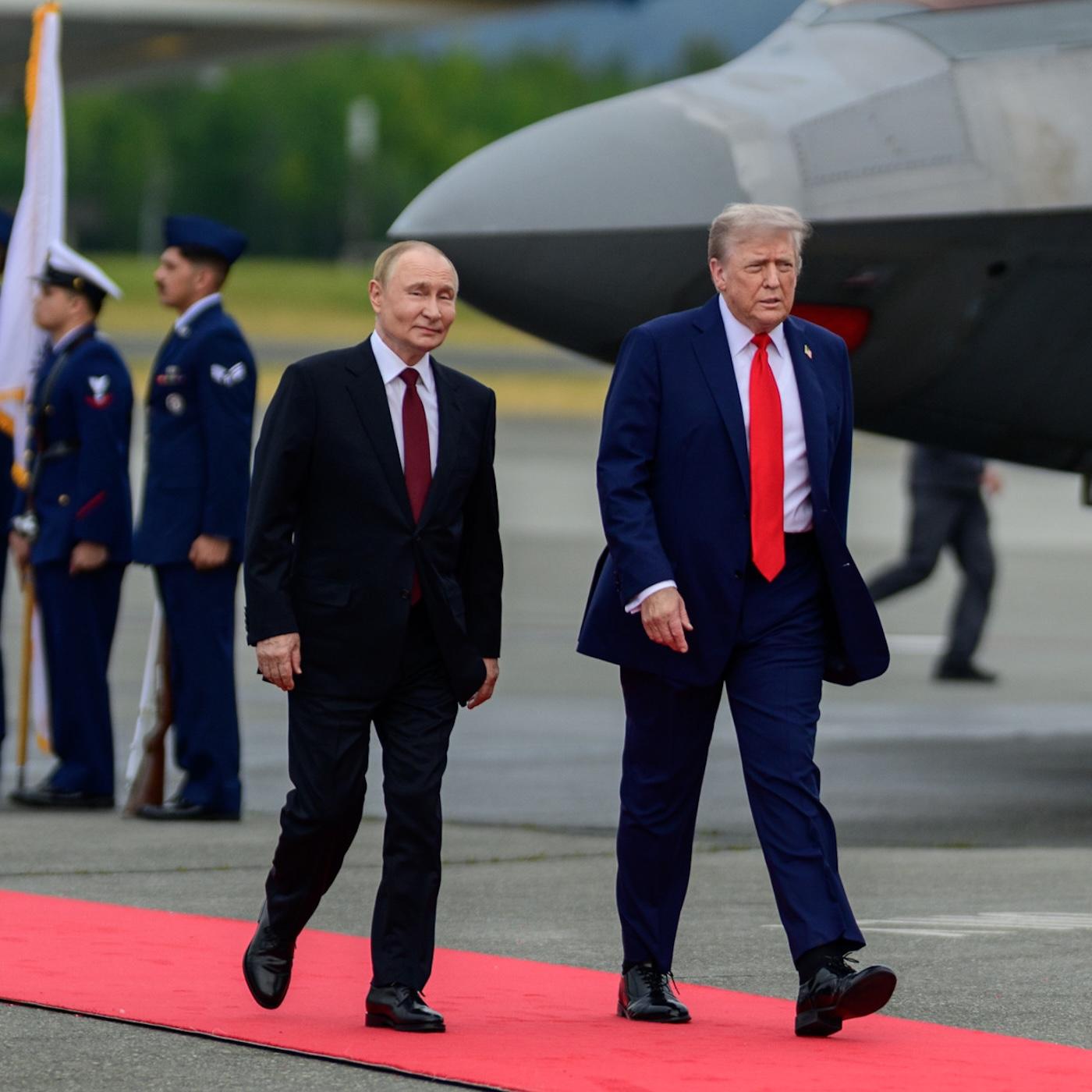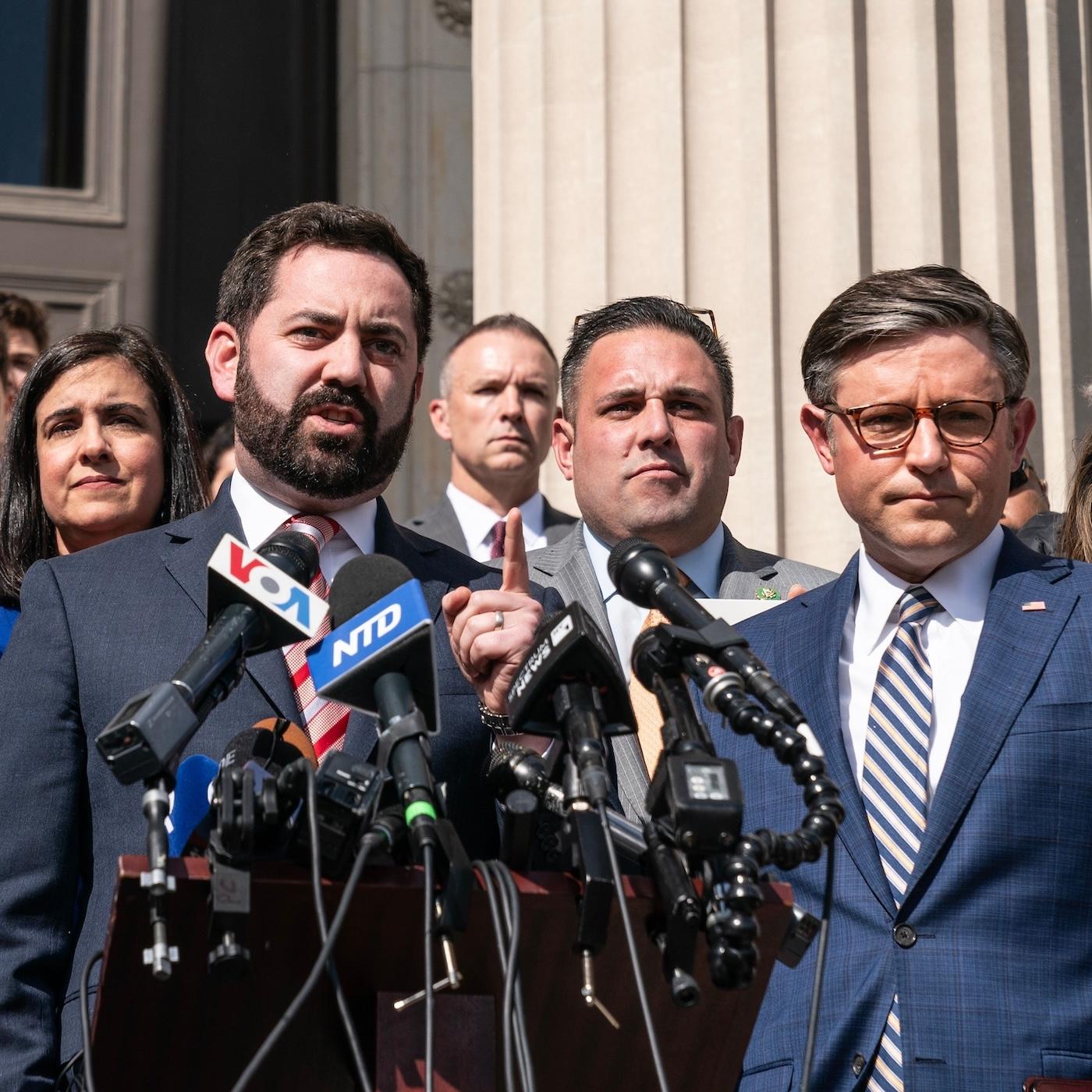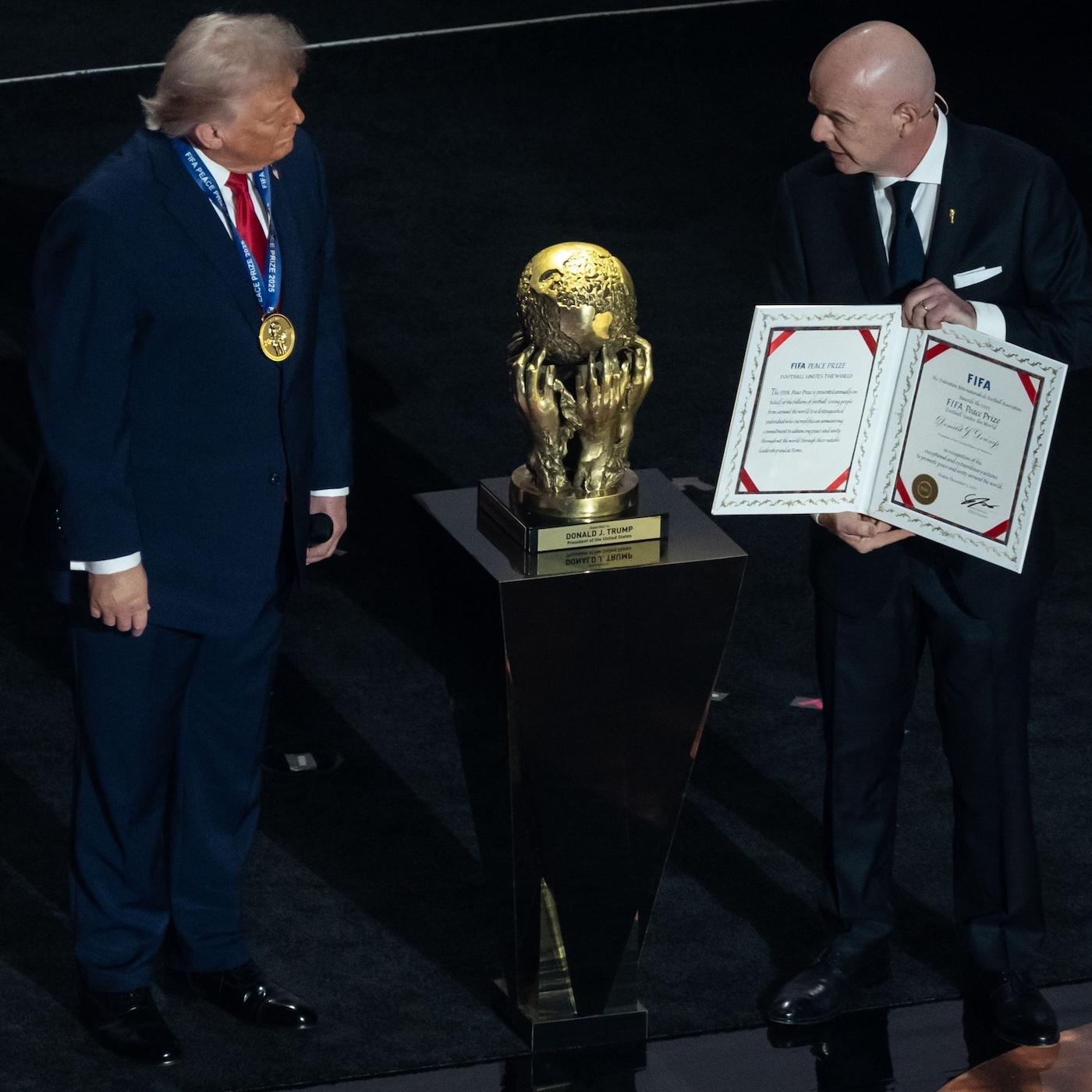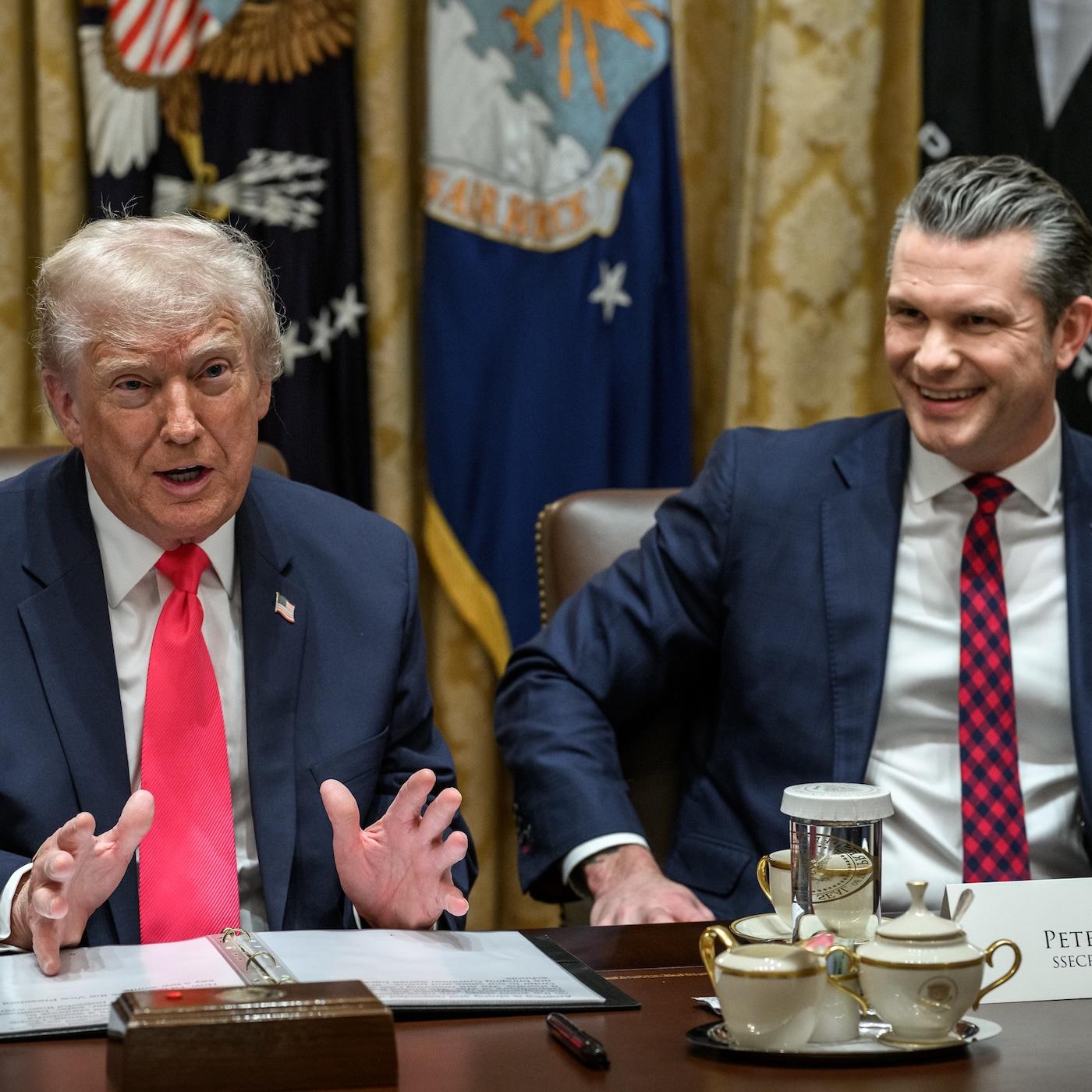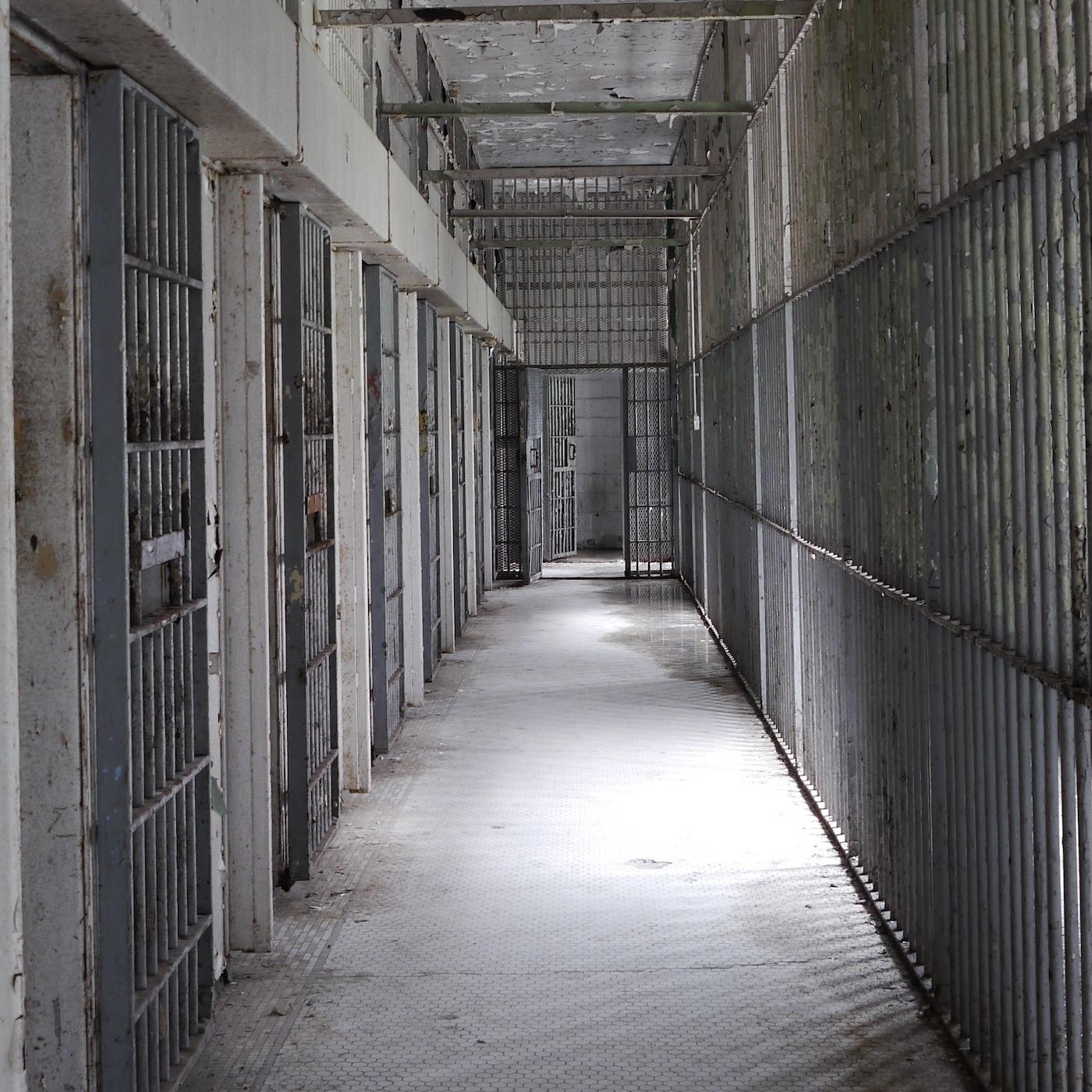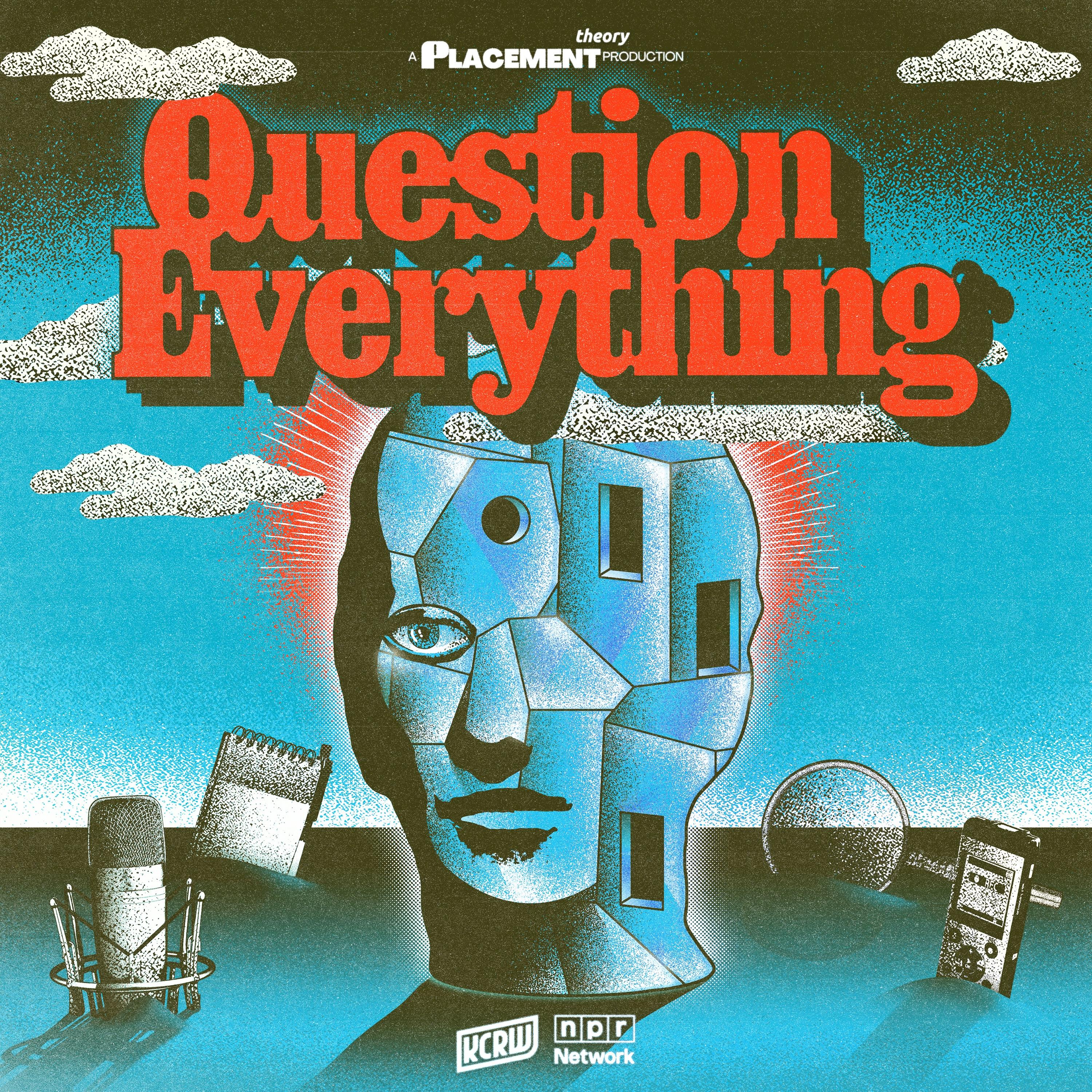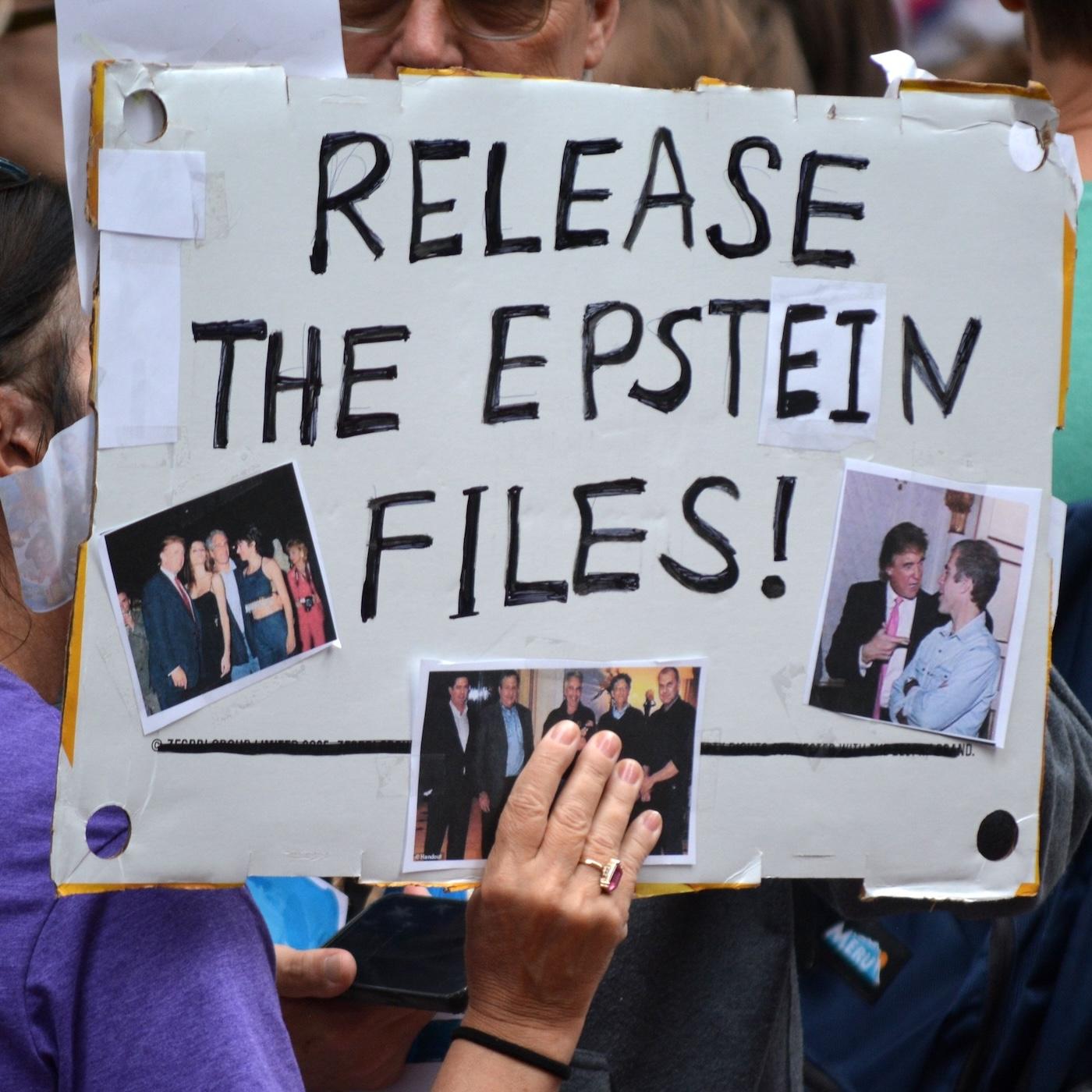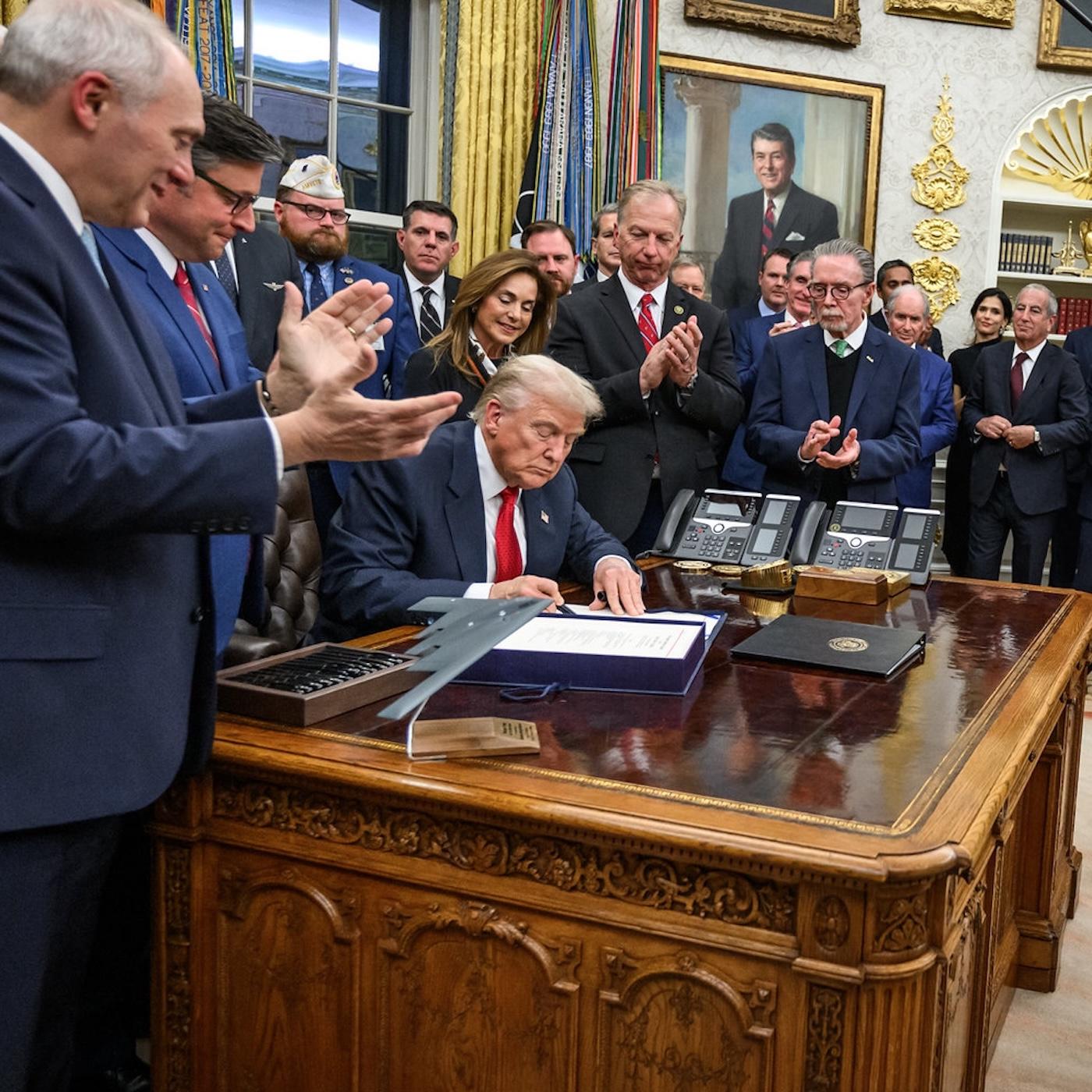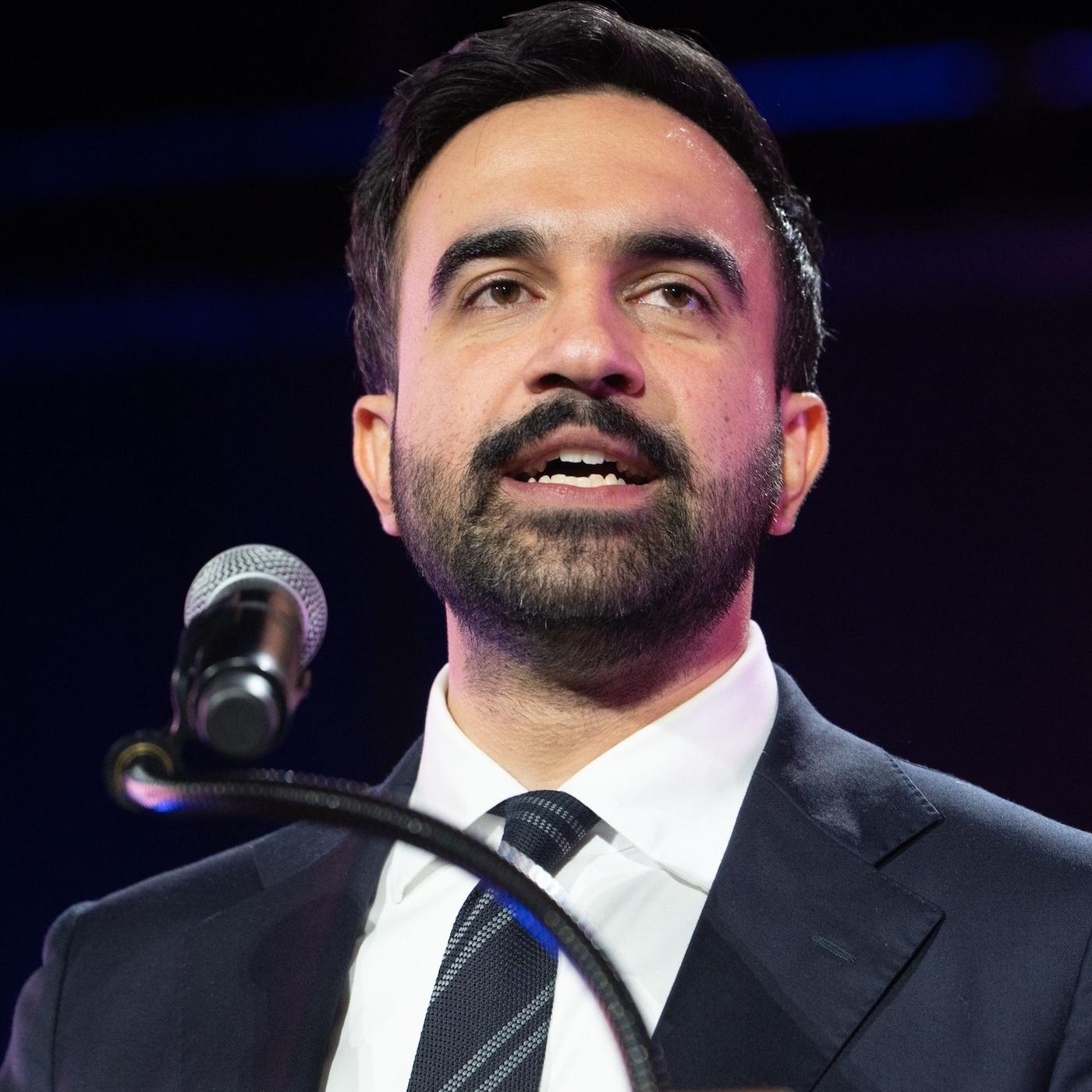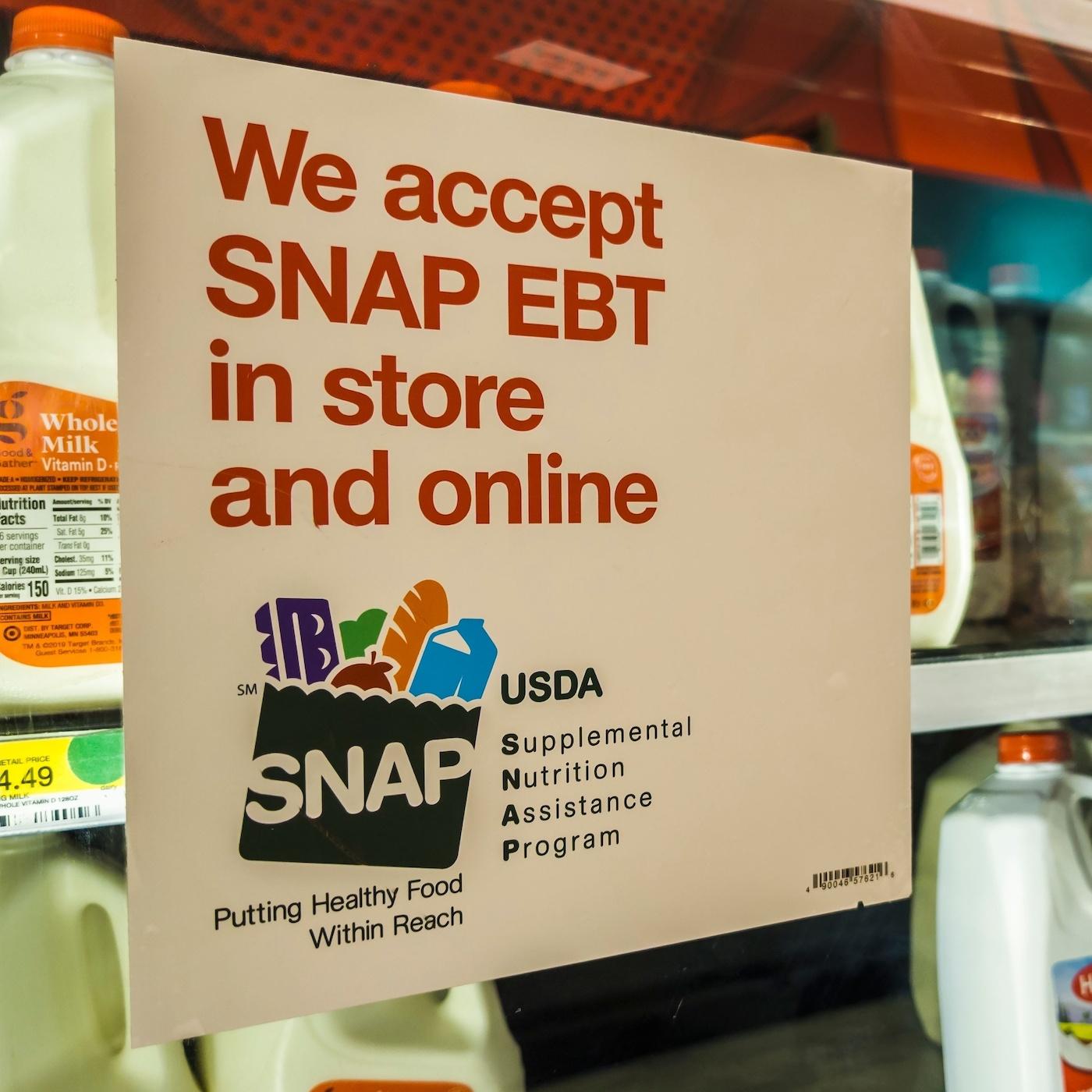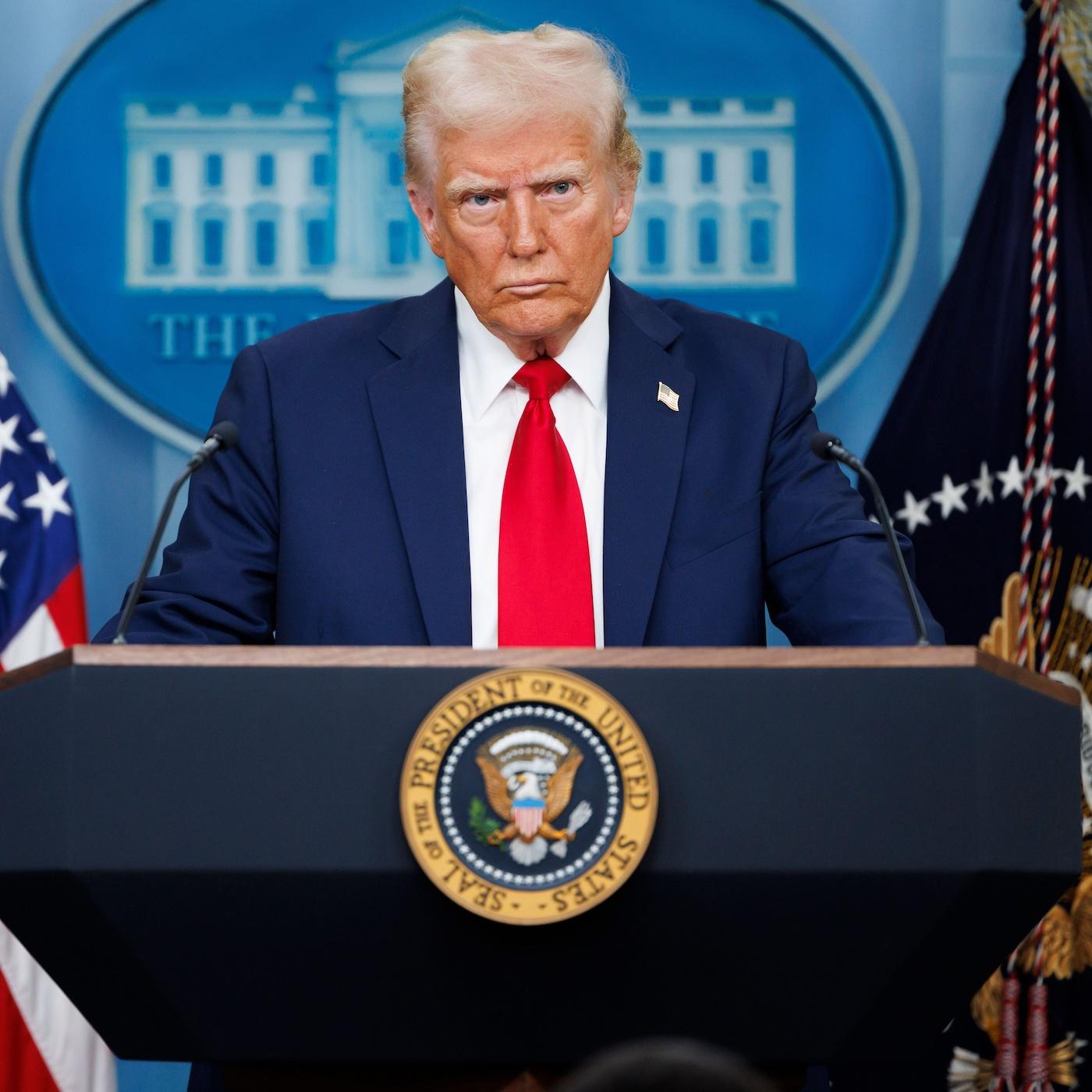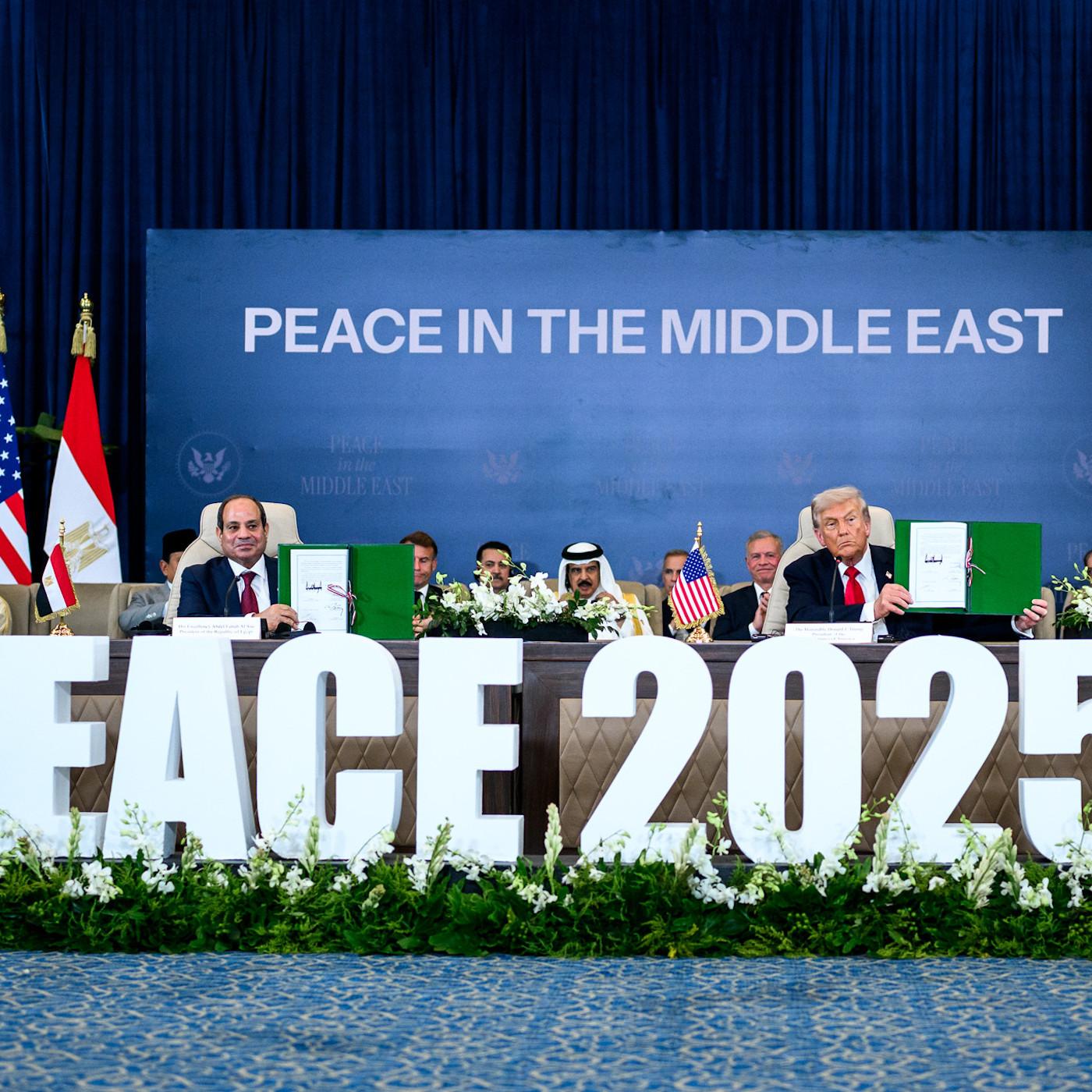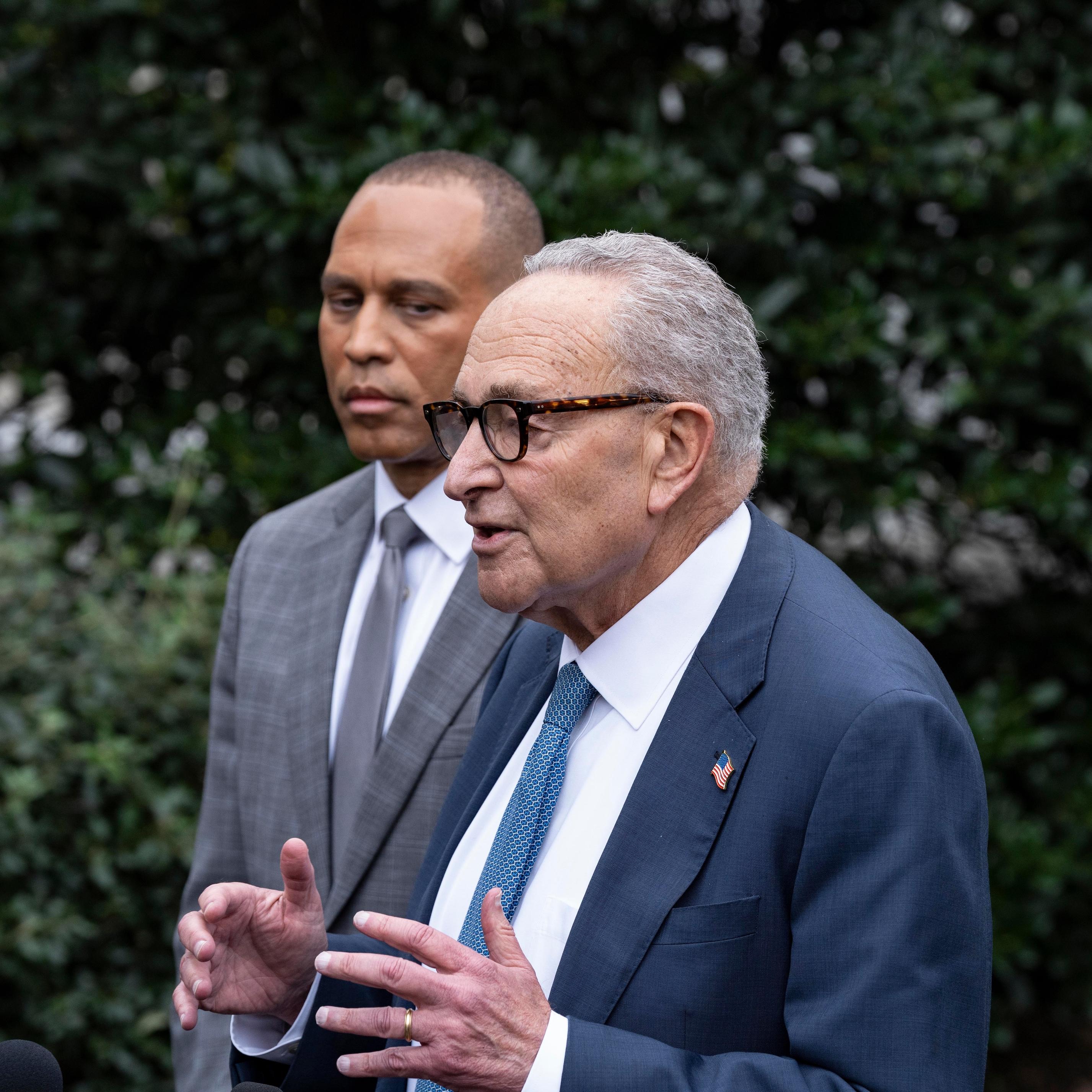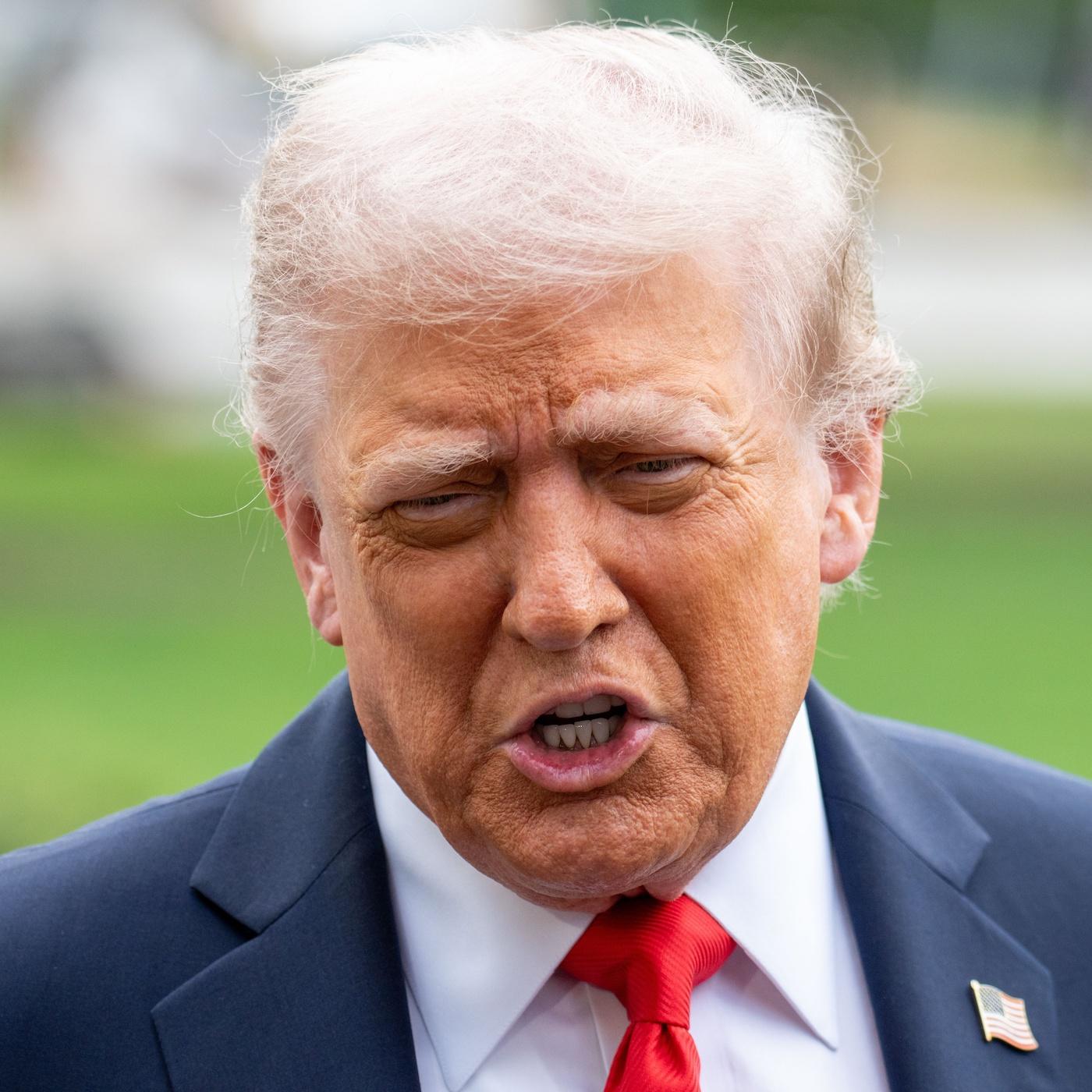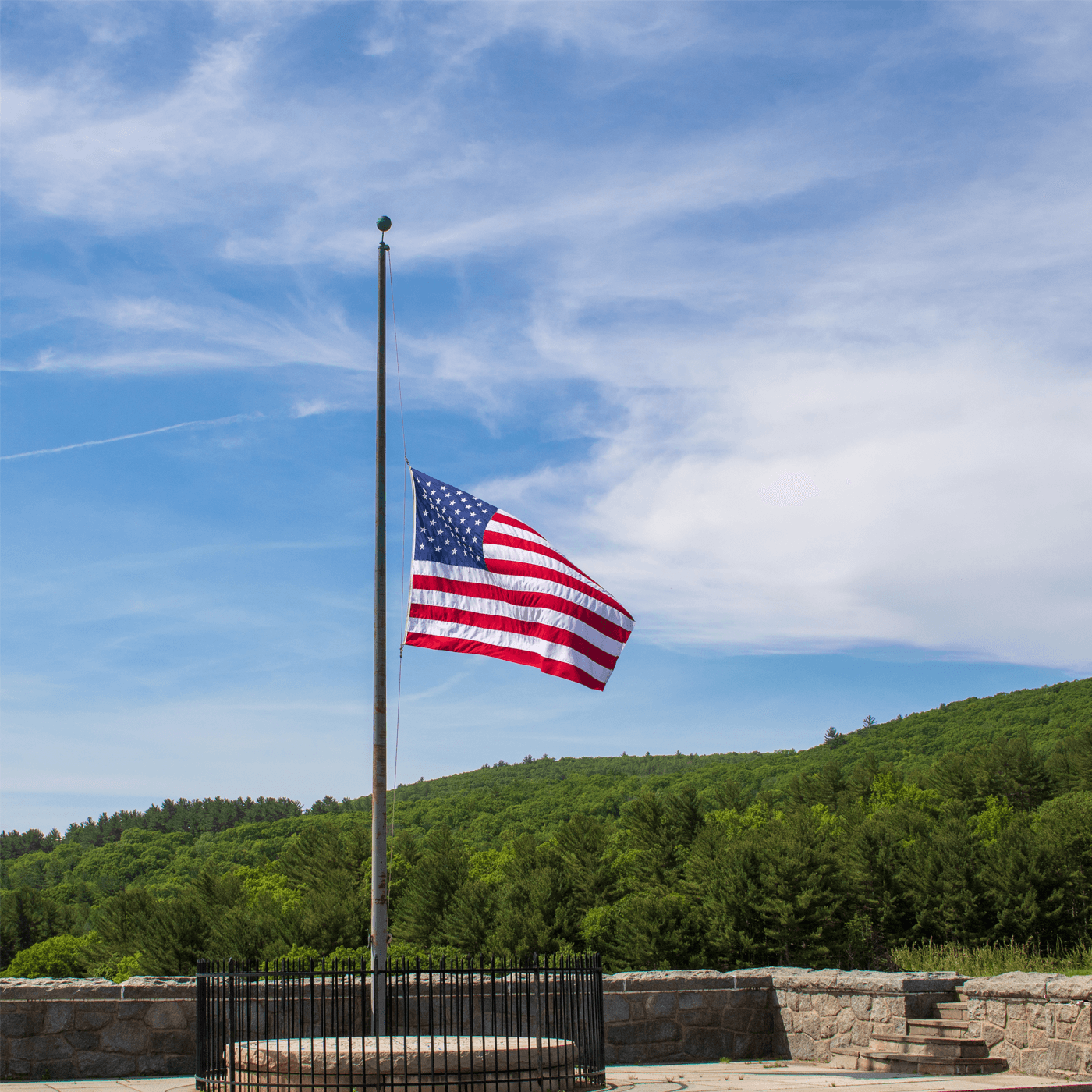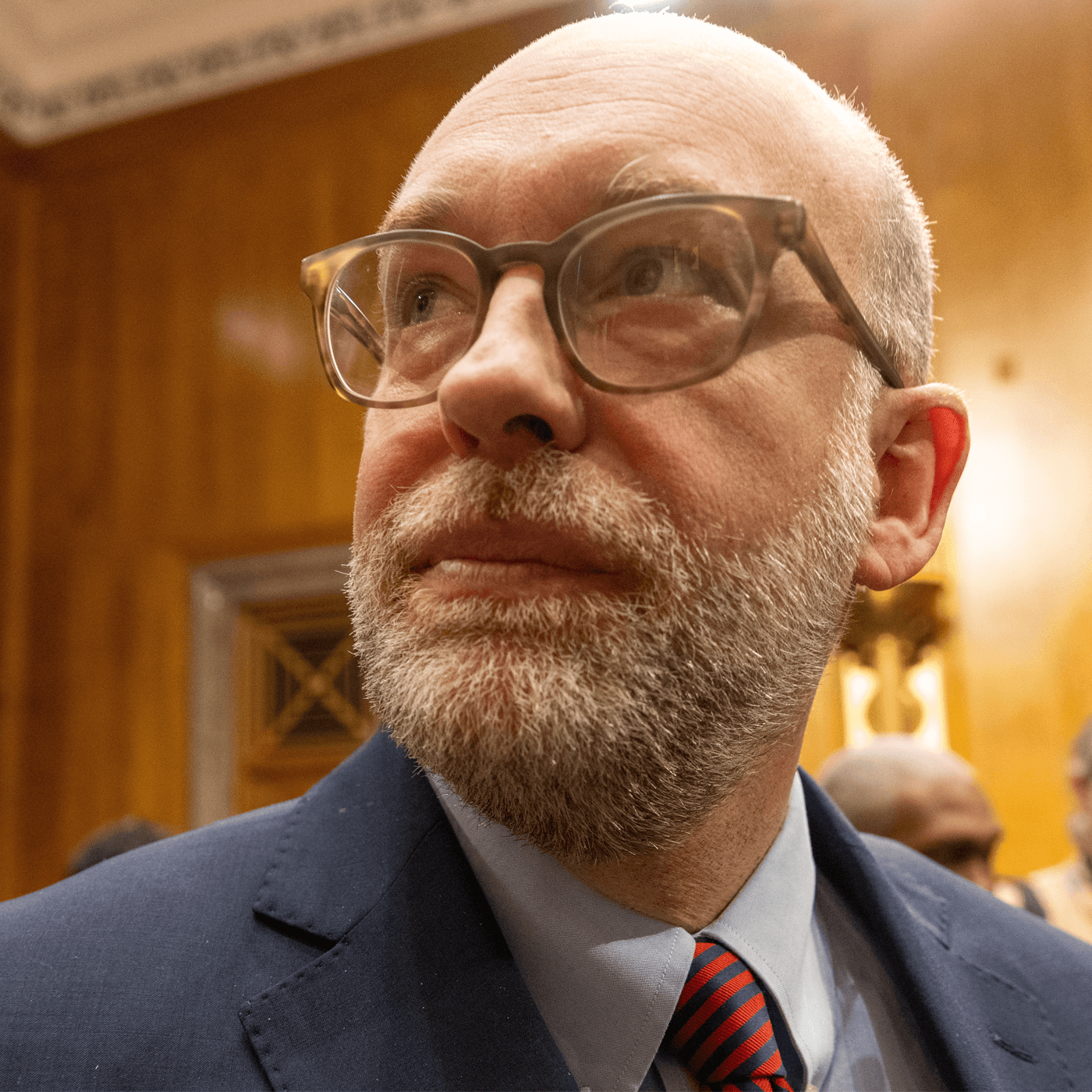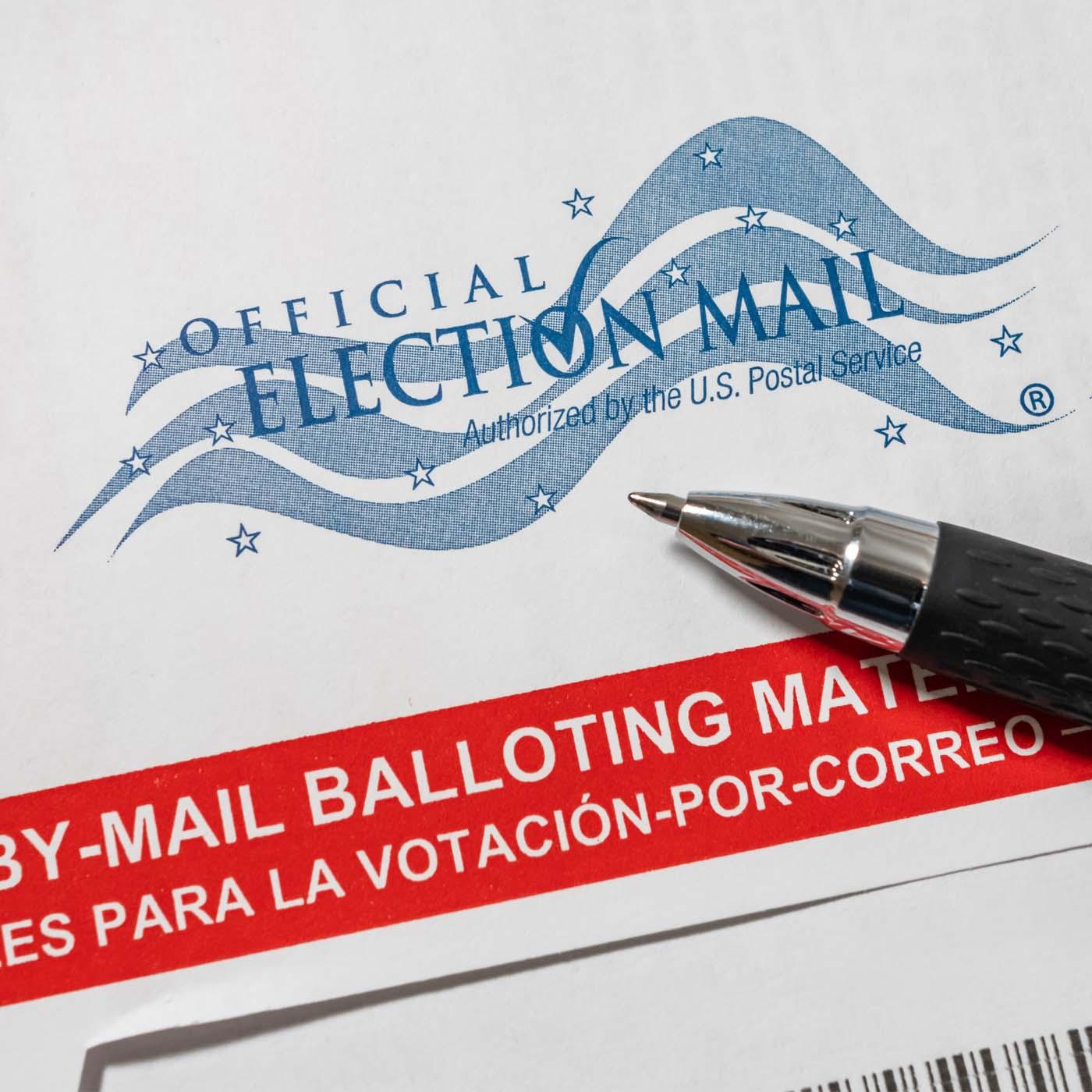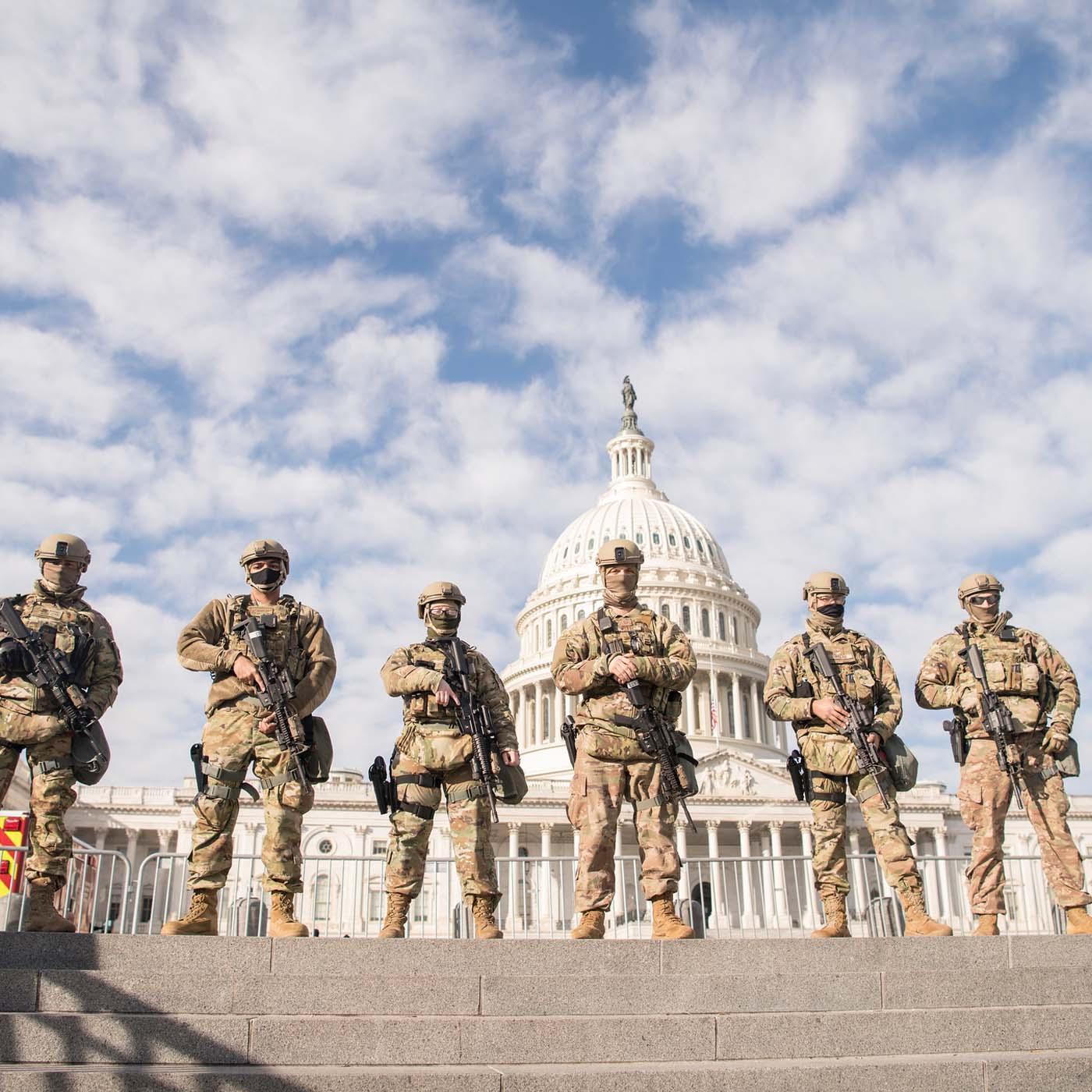
Left, Right & Center
KCRWLeft Right & Center is for listeners who feel like people on the other side of the political divide are on Mars. David Greene pieces together the big picture by inviting people from the left and the right to unpack their ideological differences, not to smooth them over, and look at what’s truly at stake. The show offers a rare kind of clarity. It doesn’t ask you to agree. It asks you to look more closely at what’s happening and to challenge your assumptions.
You might not always agree – you might even get angry – but you’ll know why you feel the way you do. No knee-jerk reactions or name calling. This show doesn’t promise easy answers or warm fuzzies; it promises more clarity for the chaotic political era we’re all living through.
Left Right & Center is for listeners who feel like people on the other side of the political divide are on Mars. David Greene pieces together the big picture by inviting people from the left and the right to unpack their ideological differences, not to smooth them over, and look at what’s truly at stake. The show offers a rare kind of clarity. It doesn’t ask you to agree. It asks you to look more closely at what’s happening and to challenge your assumptions.
You might not always agree – you might even get angry – but you’ll know why you feel the way you do. No knee-jerk reactions or name calling. This show doesn’t promise easy answers or warm fuzzies; it promises more clarity for the chaotic political era we’re all living through.



